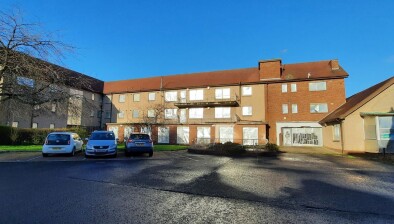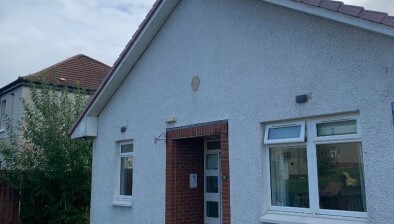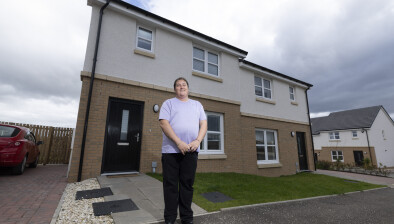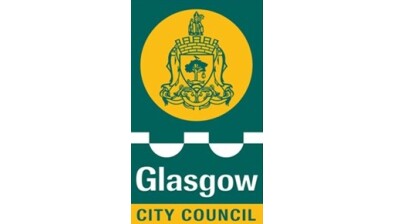Glasgow City Council’s empty homes strategy approved
A strategy to bring between 200-250 empty homes back into use annually over three years in Glasgow has been approved by councillors.
Part of Glasgow City Council’s commitment to increasing the city’s housing supply, the Empty Homes Strategy will see the reporting of empty homes promoted in local areas to develop a city-wide database of such properties.
Compulsory purchase powers will be used, and the council will work with registered social landlords to provide assistance to buy empty homes through its acquisition strategy.
The city currently has 2,687 homes listed as being empty for six months or more, with second homes not included in this figure.
The most common reasons for these homes becoming empty for a long time include mortgage default and repossessions; deceased or untraceable owners; property title issues; and properties which have fallen into a state of disrepair.
Under the Housing (Scotland) Act 2010, local authorities can now use Council Tax records to identify vacant homes and bring them back into use, and from 2018, a surcharge of up to 100% of Council Tax can be charged to owners of empty homes which are not being marketed for sale or rent.
Glasgow is the only Scottish local authority which alerts homeowners prior to this application of the premium charge.
The Glasgow Housing Strategy - now halfway through its five-year life - had set a target of 475-570 long-term empty homes being returned to use by end of that period, but this programme is already ahead of schedule, with 380 homes now back in use, most of which are now in the social rent sector.
The new Empty Homes Strategy will:
- Increase the availability of housing stock to meet demand, providing good-quality accommodation for those who need it.
- Offer homeowners information and advice to help bring properties back into use.
- Identify opportunities for suitable housing for particular groups, such as larger families, homeless people, and those with a variety of support needs.
- Tackle environmental and neighbourhood blight.
- Safeguard the interest of tenement flat owners to facilitate common repairs work.







